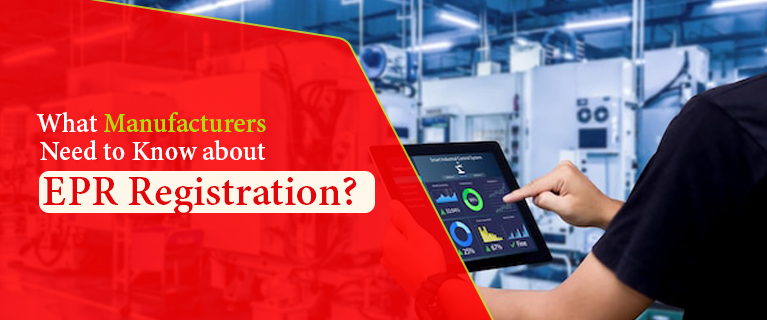CPCB & Plastic Waste Registration
The Central Pollution Control Board (CPCB) is the apex regulatory body for environmental protection and pollution control in India. Given the growing concern about plastic pollution and its environmental impact, it's possible that the CPCB or other relevant authorities in India have introduced rules and regulations related to the registration or management of plastic waste.
Plastic waste has become a global environmental challenge due to its non-biodegradable nature and harmful effects on ecosystems, wildlife, and human health. Many countries, including India, have been taking steps to regulate and manage plastic waste more effectively.
Potential measures that could be associated with a "CPCB plastic waste registration" might include:
1. Registration of Plastic Waste Generators: To track the generation and disposal of plastic waste, regulatory authorities could require businesses, industries, and organizations that generate significant amounts of plastic waste to register with the CPCB or a relevant state pollution control board. This registration could involve providing data on the type and quantity of plastic waste generated.
2. Implementation of Extended Producer Responsibility (EPR): EPR registration is a policy approach where producers take responsibility for the entire lifecycle of their products, including post-consumer waste management. Plastic manufacturers and producers might need to register with CPCB to fulfil EPR requirements for managing and recycling the plastic waste generated by their products.
3. Plastic Waste Management Guidelines: Regulatory authorities could introduce comprehensive guidelines for the proper segregation, collection, transportation, and recycling of plastic waste. Businesses engaged in plastic waste management might need to register or obtain licenses to ensure compliance with these guidelines.
4. Monitoring and Reporting: Plastic waste generators, recyclers, and waste management facilities might be required to register and report data periodically to regulatory bodies like the CPCB. This reporting could include information on the quantities of plastic waste collected, recycled, or disposed of.
Read Also This - How to Avail the Services of an EPR ConsultantIn conclusion, the Central Pollution Control Board (CPCB) plays a pivotal role as India's apex regulatory authority for environmental protection and pollution control. In response to the mounting concern over plastic pollution and its adverse impact on the environment, the CPCB and other relevant authorities have taken significant strides towards effective plastic waste management. One notable initiative that has garnered attention is the potential introduction of "CPCB plastic waste registration."
Furthermore, the concept of Extended Producer Responsibility (EPR) registration emerges as a crucial strategy to tackle plastic waste holistically. Plastic manufacturers and producers could potentially be required to register with the CPCB, aligning with the principle of assuming responsibility for the entire lifecycle of their products. This step reinforces the importance of managing post-consumer plastic waste, thereby contributing to a more sustainable and circular economy.
In essence, the potential introduction of "CPCB plastic waste registration" reflects a resolute commitment to addressing the global challenge of plastic pollution. Through a comprehensive framework encompassing registration, responsibility, guidelines, and monitoring, the CPCB endeavors to pave the way for a more sustainable and environmentally conscious future. By fostering collaboration between stakeholders and fostering a culture of responsible plastic waste management, India can make meaningful strides towards mitigating the ecological impact of plastic waste and securing a healthier planet for generations to come.




Comments
Post a Comment